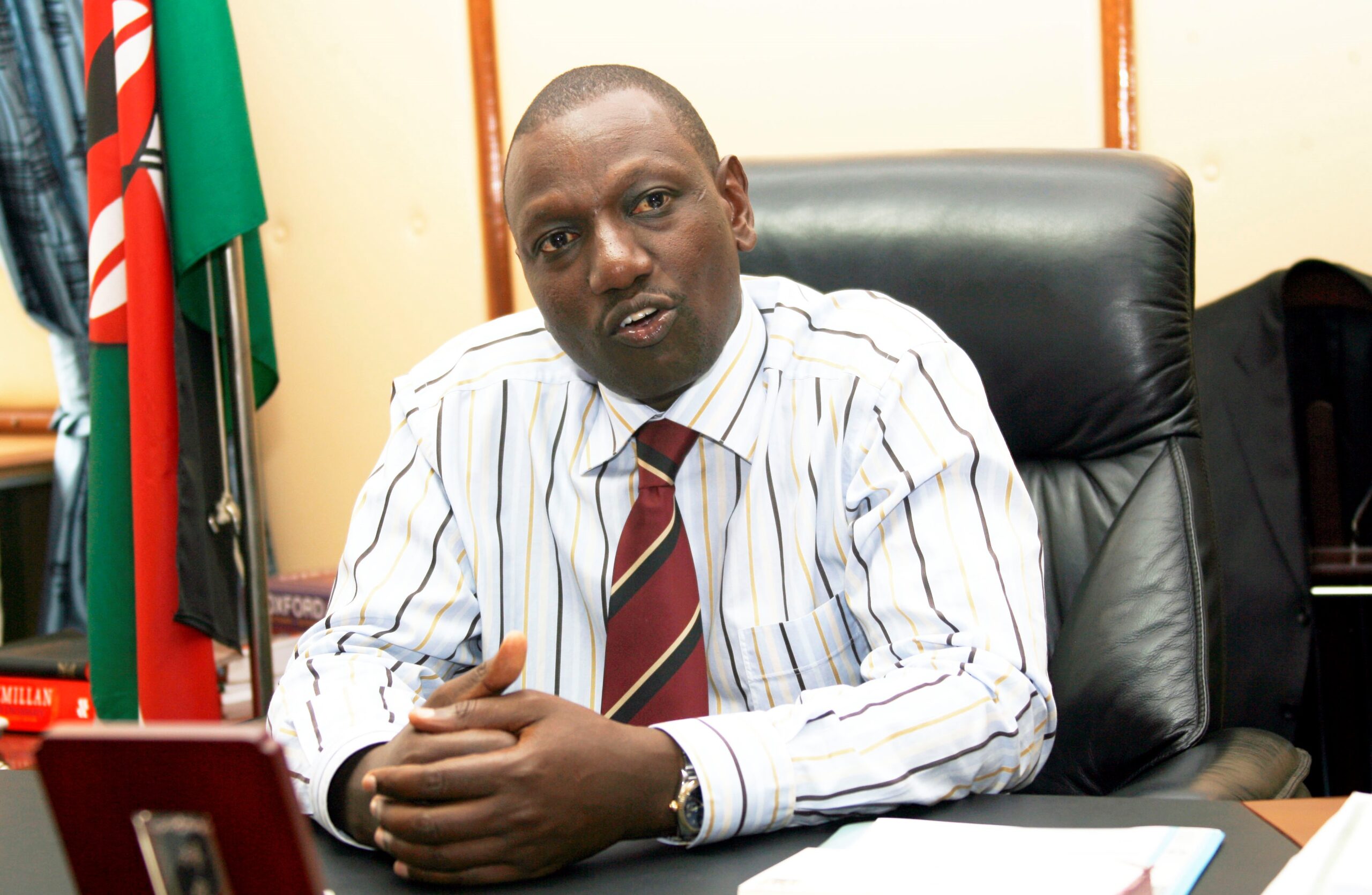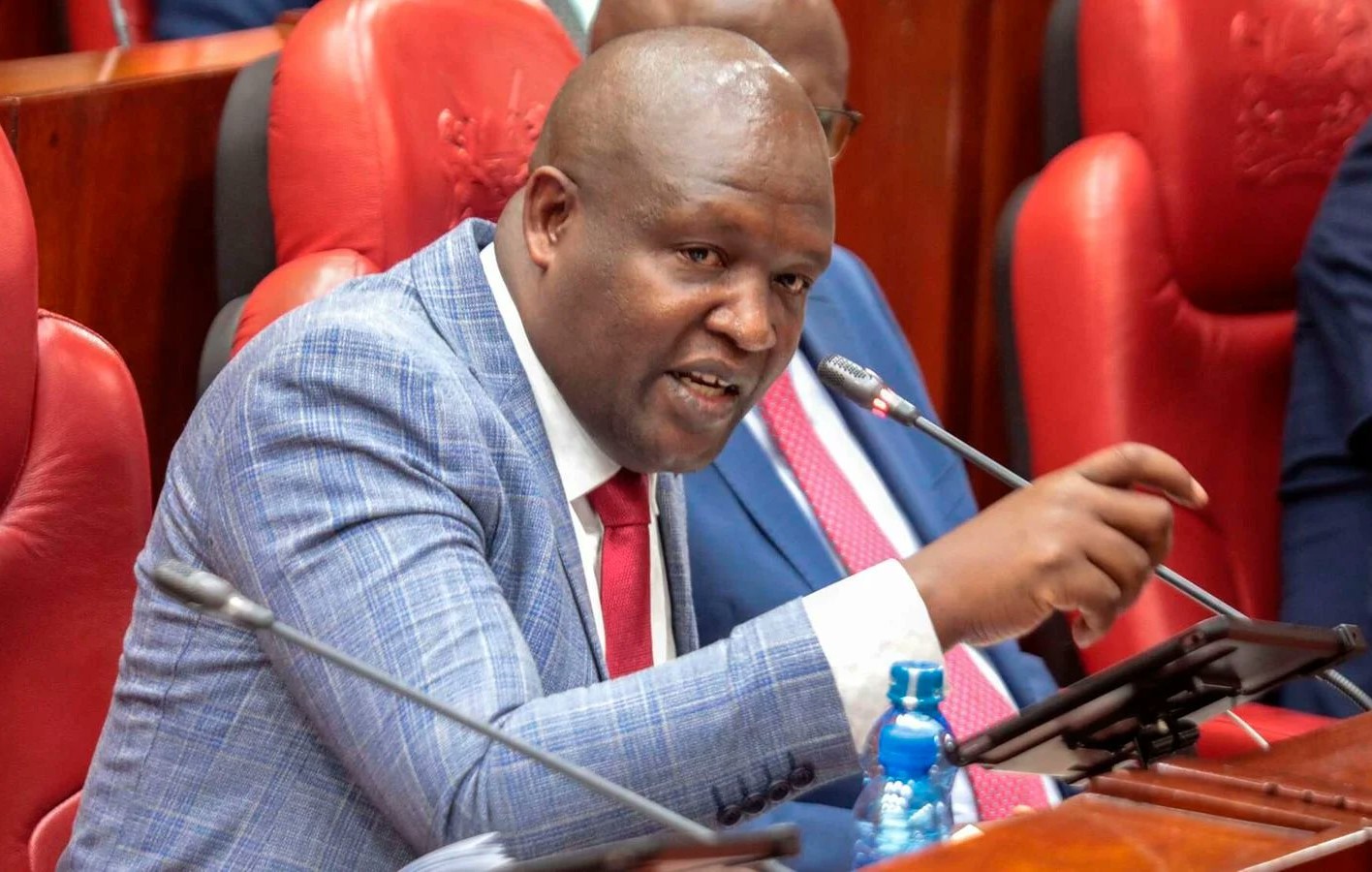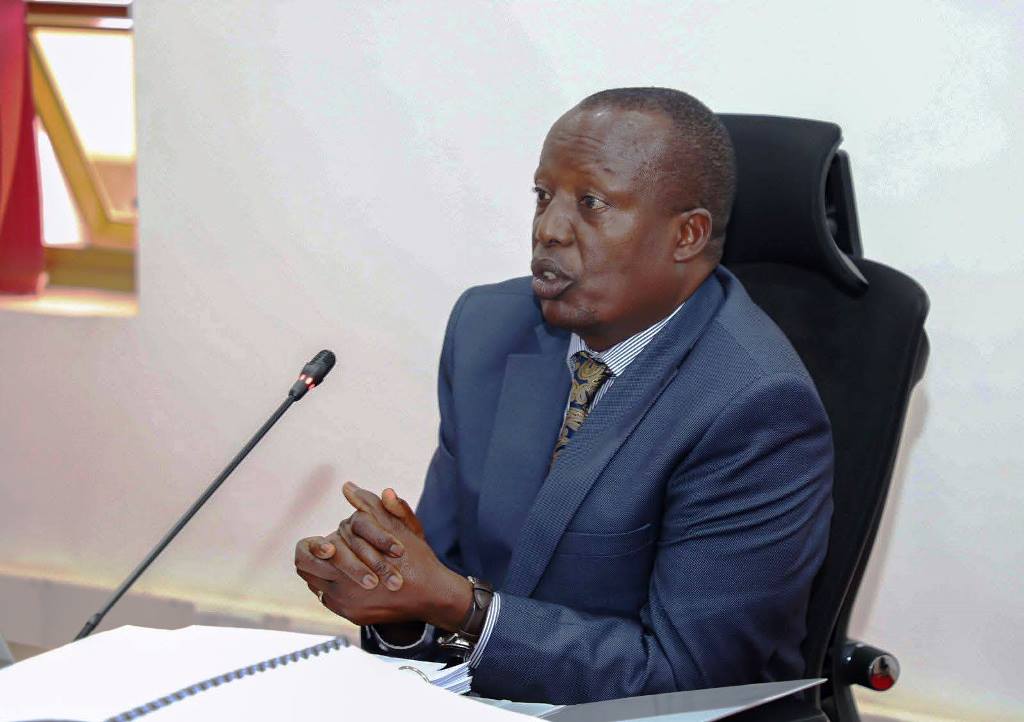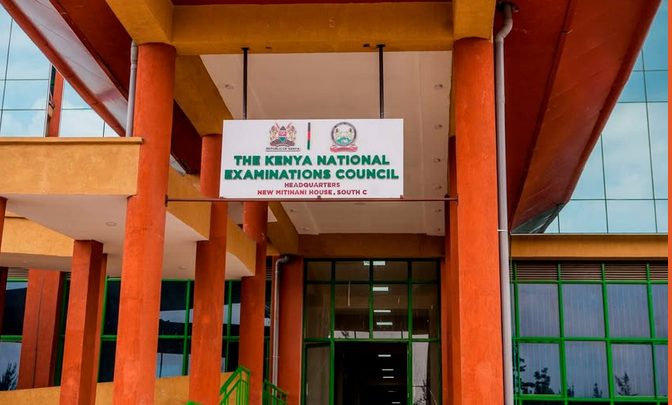By Roy Hezron
President Dr. William Samoei Ruto seems to be keen on the education sector in Kenya with the newly formed taskforce expected to evaluate and review the country’s curriculum from basic to university education.
The 42-member taskforce chaired by Prof. Raphael Munavu is expected to undertake summative evaluation of Competency-Based Curriculum (CBC) and assess and recommend an appropriate structure to implement the CBC.
As per the current state of affairs, secondary schools are set to receive Form One learners from the penultimate 8-4-4 group as well as the pioneer CBC cohort in January 2023.
The taskforce will have 6 months to complete their work, but will have to issue the president with a progress report every 2 months from the date of formation and a final report at the end of term.
The taskforce has further been mandated to study all laws governing the basic education sub-sector and make recommendations for review of these legislations with a view to addressing duplication, ambiguities, efficiency constraints and improve linkages.
It will also study, assess and make recommendations on the conceptualization and implementation of key tenets guiding the competency-based approach, including but not limited to value-based education, community service learning, and parental empowerment and engagement.
They will also look into the frameworks of assessment and examination, quality assurance and standards, teacher education and training for both pre-service and in-service, teacher deployment, technology for curriculum delivery, improved learning outcomes, and education management.
Currently, the government under the Free Day Secondary Education (FDSE) programme provides a subsidy for each learner in a boarding school that is equal to the subsidy for each learner in a day school, which is Ksh22,244.
Other recommendations being awaited from the taskforce include governance mechanisms of learning institutions and sharing of resources across schools and Technical and Vocational Education and Training (TVET) institutions to ensure maximum utilization of public resources for improved learning outcomes.
It is, too, expected to make recommendations on public school categorization policies and implications on access, transition and cost.
Currently, public schools are categorized into sub-county schools which are 6,776 in total (167 boys, 312 girls and 6,297 mixed), county schools which are 1,378 in total including 353 boys, 516 girls and 509 mixed, extra county schools which are 776 including 361 boys, 349 girls and 66 mixed, and national schools (112 in number; 52 boys, 55 girls and 5 mixed).
It will also review and recommend appropriate financing frameworks, including capitation and minimum essential package grants for all levels of basic education, as well as review and recommend equitable access to education especially for those facing social, economic and geographic marginalization, vulnerable populations, children and persons with special needs.
Currently, the government under the Free Day Secondary Education (FDSE) programme provides a subsidy for each learner in a boarding school that is equal to the subsidy for each learner in a day school, which is Ksh22,244.
Broken down, tuition (teaching/learning materials and exam) takes Ksh4,144, medical or insurance Ksh2,000, activity Ksh1,500, and Strengthening of Mathematics and Science in Secondary Education (SMASSE) Ksh200.
President Ruto also wants the taskforce to review and recommend appropriate framework on the management and coordination of bursaries and scholarships for secondary school students, a framework for physical and e-infrastructure development and coordination of public private partnerships for improved access and quality provision, and a tracking system to capture and enroll children of school age to ensure universal access to pre-primary, primary and secondary education.
Higher education
On tertiary and university education, President Ruto wants the taskforce to review and recommend a governance and financing framework for TVET training and development, university education, research and training.
He also wants the taskforce to study all laws governing the tertiary education sub-sector and make recommendations for review of these legislations with a view to streamlining effectiveness and efficiency, recommend a framework of operationalizing the National Open University of Kenya and a framework on Open, Distance and E-line learning (ODEL), and recommendations for streamlining continuity in TVET and university education transition.
The president also wants the taskforce to review and recommend legislation to facilitate amalgamation of Higher Education Loans Board (HELB), TVET and University Funding Board with a view of harmonizing and merging all tertiary education funding entities.






